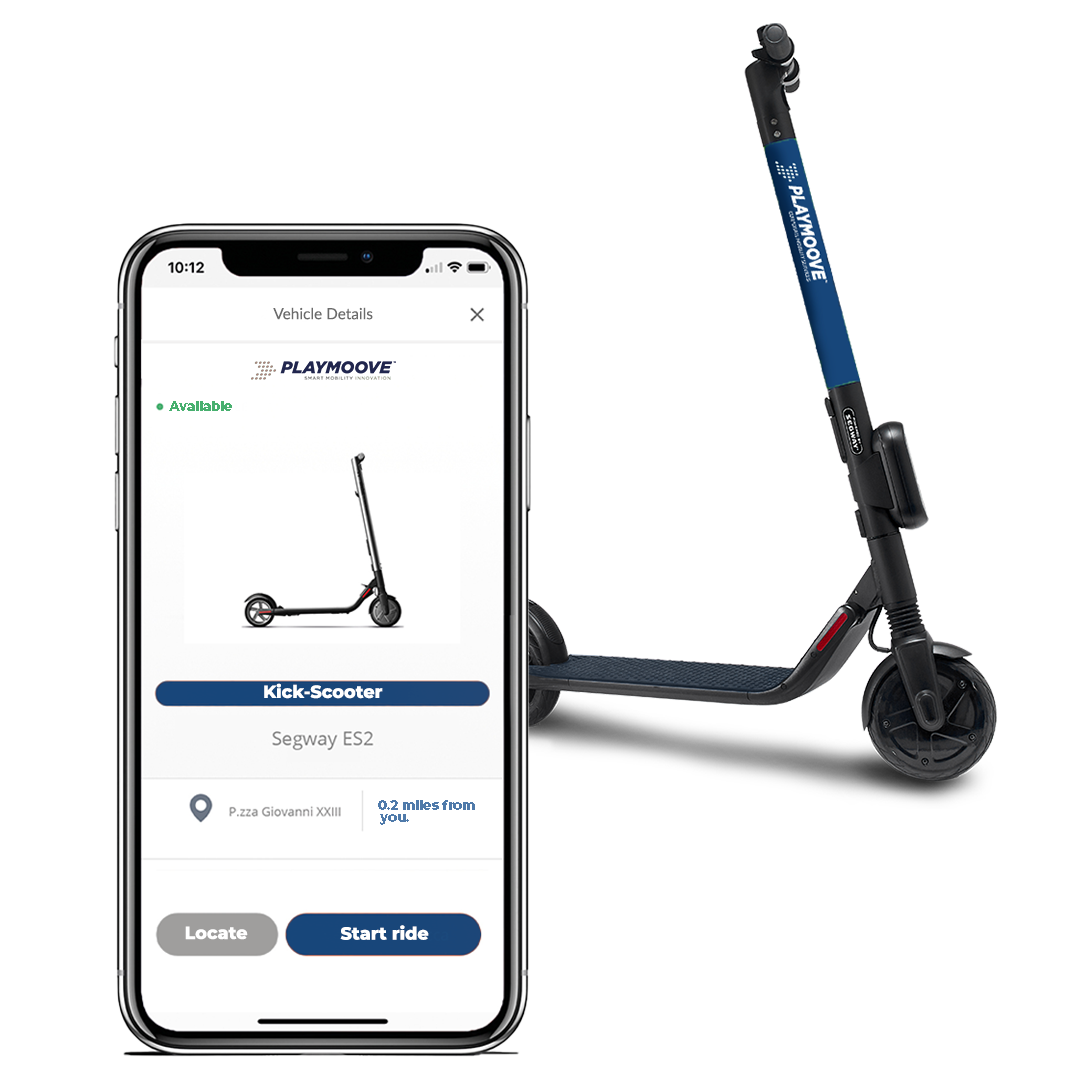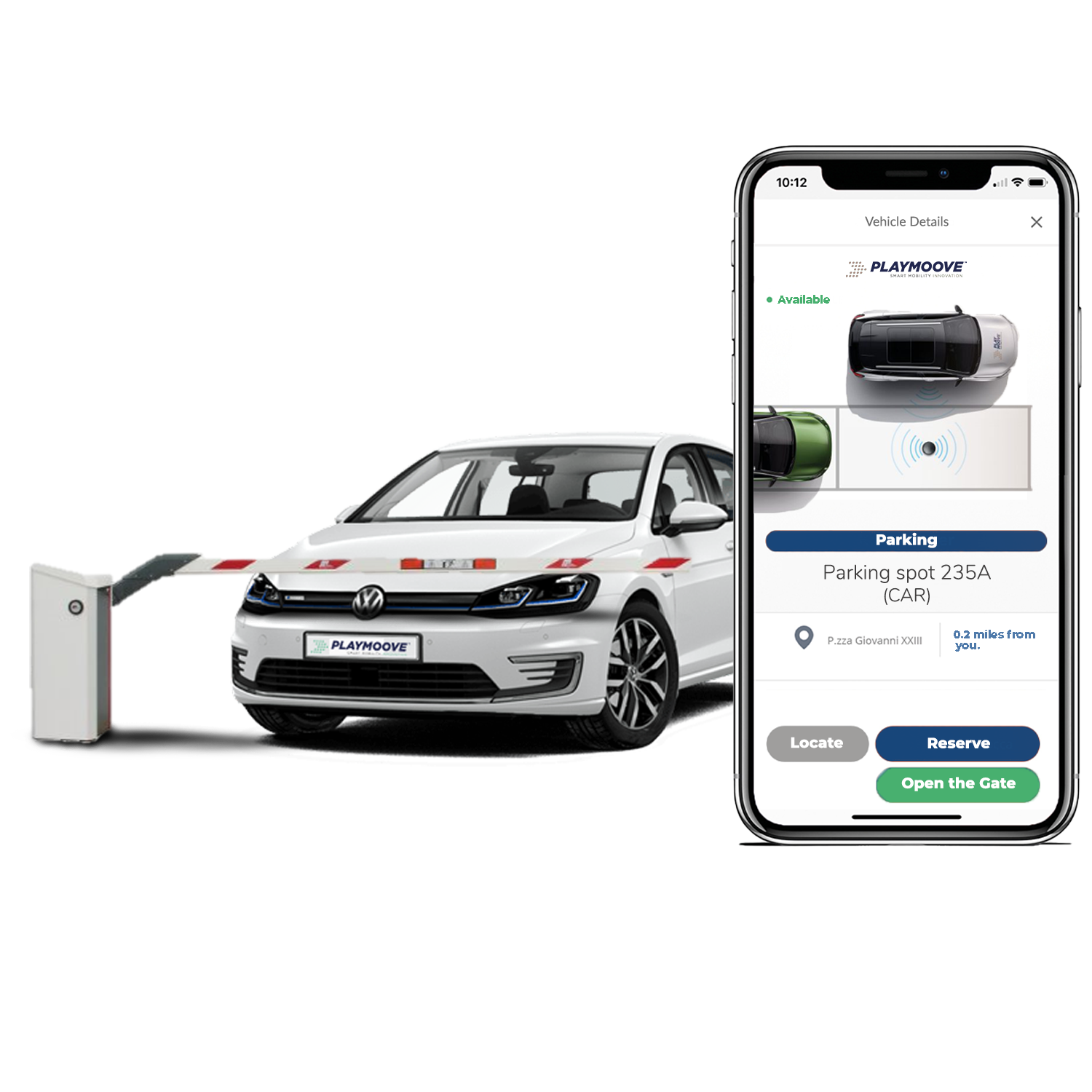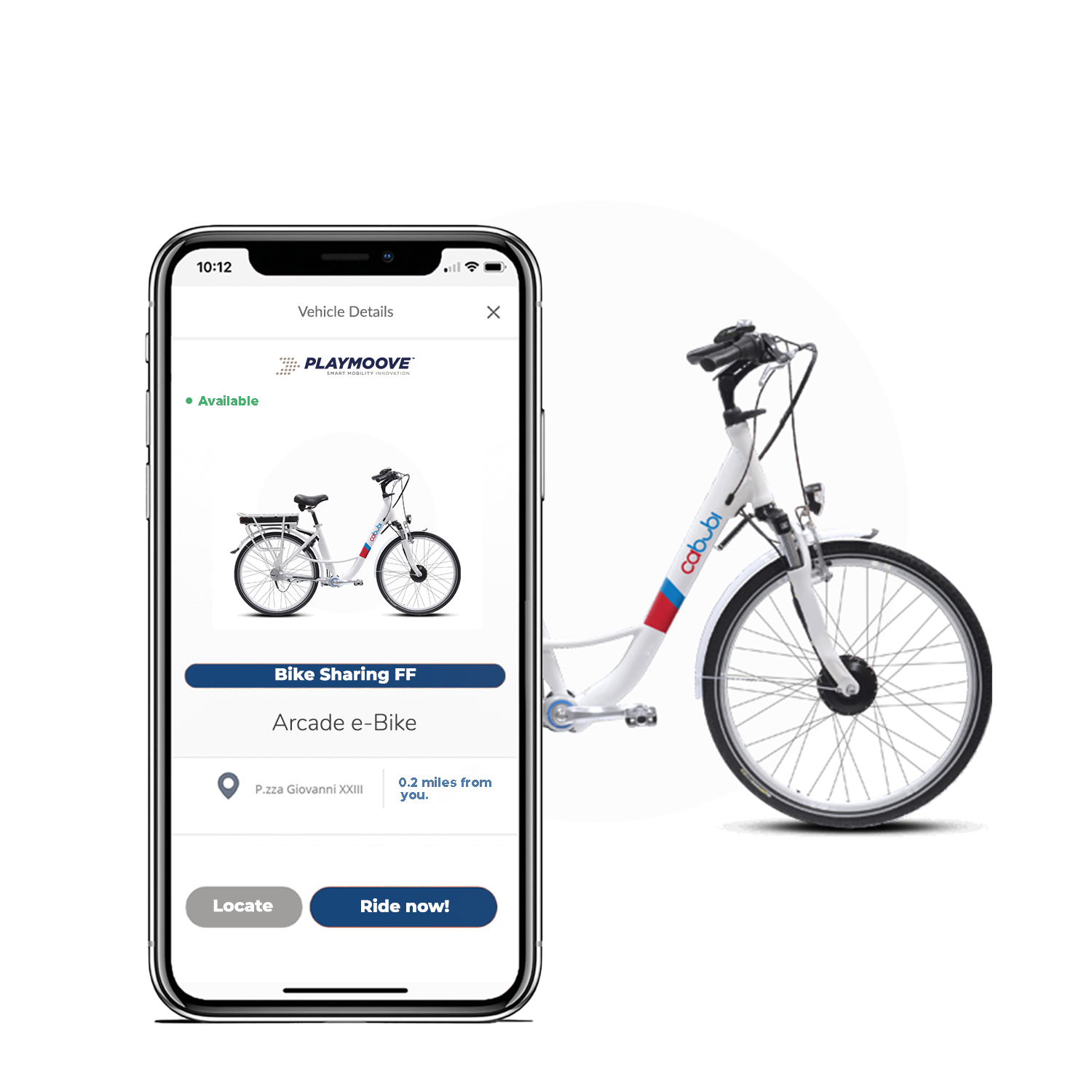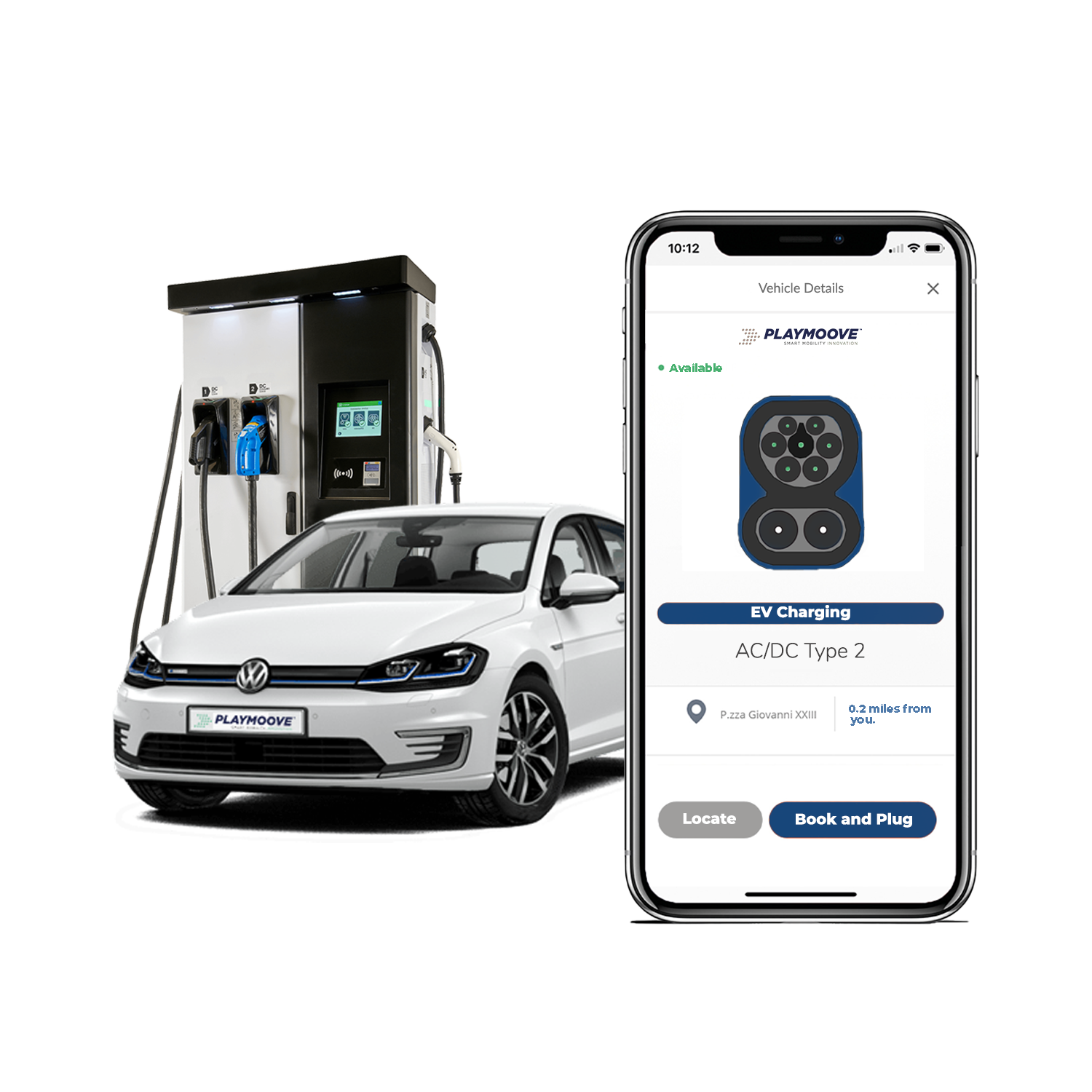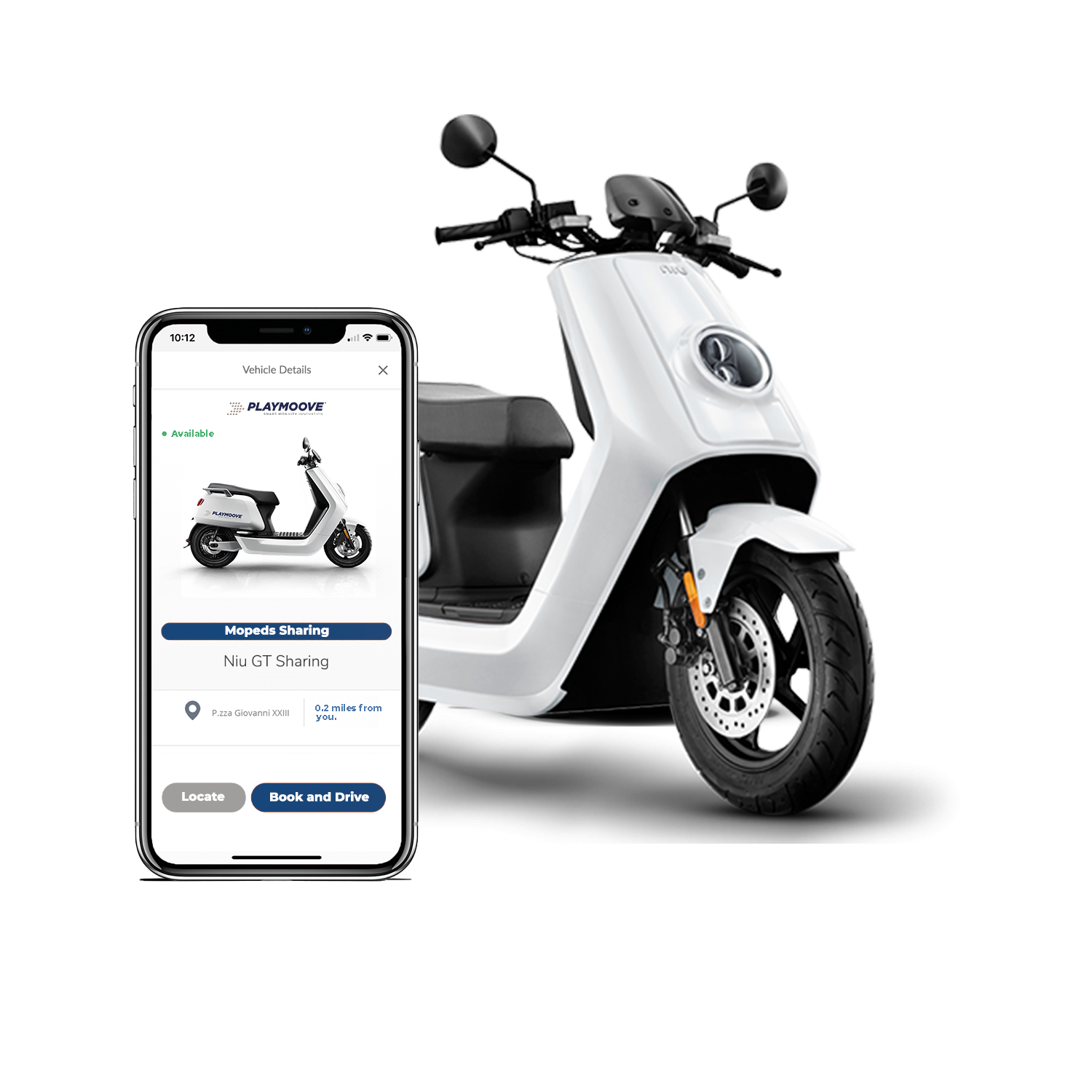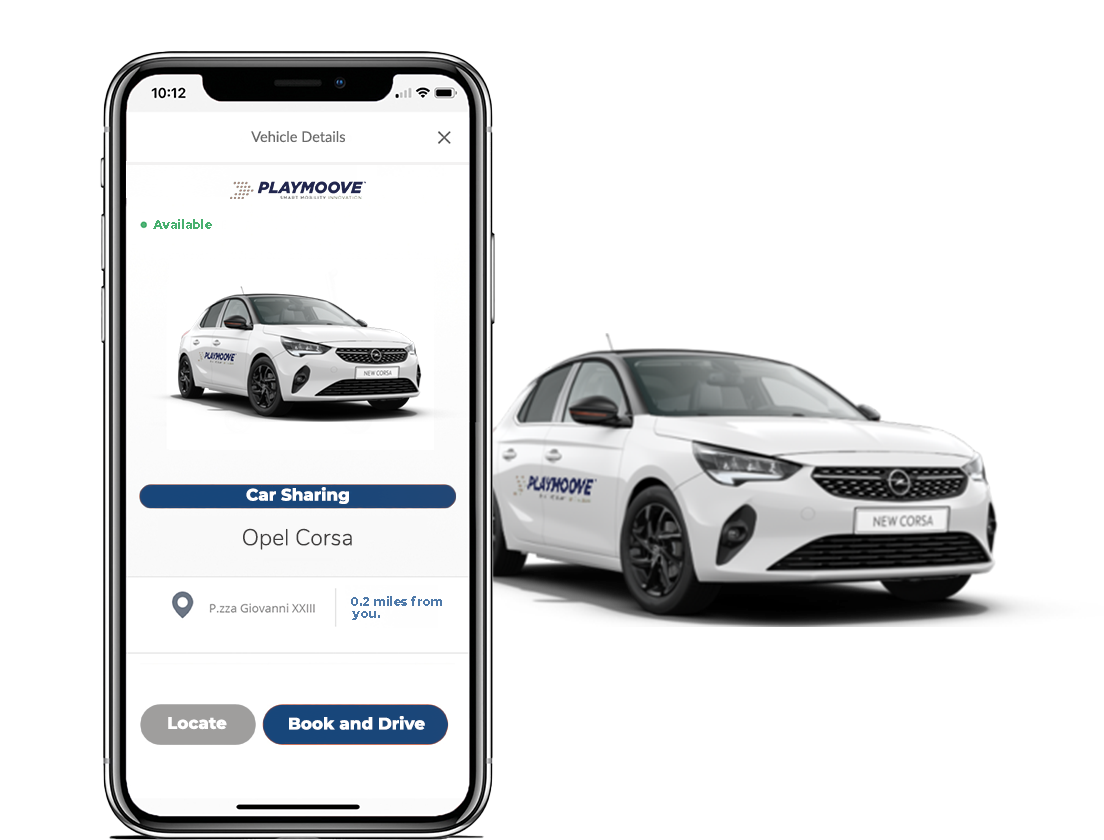Technological Solutions for Future Car Dealerships!
Car dealerships have faced a number of challenges in recent years, contributing to what has been described as a crisis in the industry. These challenges include shifts in consumer behavior, disruption from digital technologies, changing regulatory environments, and margin pressures.
Let’s explain:
1- Shifts in consumer behavior: the rise of shared mobility and subscription car sharing has led to a decrease in demand for vehicle ownership, which has impacted new car sales at dealerships.
2- Disruption from digital technologies: Online car sales and services have disrupted the traditional dealership business model, with some consumers opting to purchase cars directly from manufacturers or through online platforms (good examples are Tesla and Citroen Ami).
3- Changing regulatory environment: In some markets, especially in the EU, new regulations related to emissions, safety, and consumer protections have increased compliance costs for dealerships.
4- Margin pressures: Due to increased competition and pricing transparency, many dealerships have struggled to maintain profitability, leading to consolidation and closures in some cases. Furthermore, the confluence of events, including the global pandemic and the conflict in Ukraine, created a tumultuous climate for the automotive industry, resulting in a shortage of raw materials and energy, prompting original equipment manufacturers (OEMs) to curtail production and raise prices.
5- Electric Vehicles (EVs) spread: Last but not least, as mentioned earlier, the COVID lockdowns and resulting supply chain disruptions, coupled with reduced demand for new cars, have led to a decrease in traditional vehicle production. Simultaneously, increased focus on environmental concerns and sustainability during the pandemic has accelerated the demand for EVs.
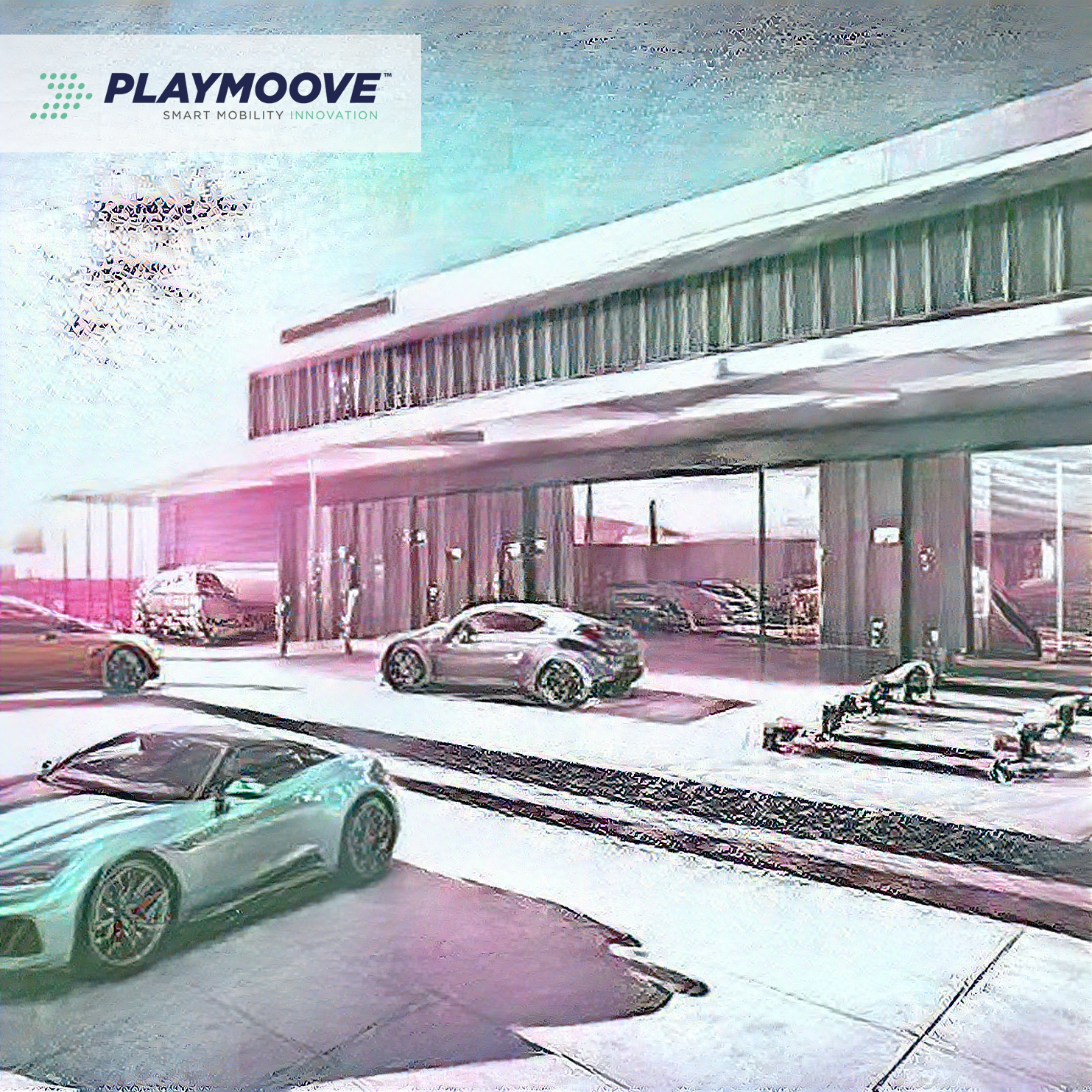
Car Dealerships – Sample Image
The conflict in Ukraine has further exacerbated these supply chain issues, leading to shortages of critical components and increased prices for traditional vehicles. In contrast, EVs have fewer supply chain disruptions and fewer dependencies on scarce raw materials (also because agreements).
As governments around the world provide support for the EV industry as part of their economic recovery plans, the adoption of electric vehicles has accelerated, contributing to the growth of this market in recent years.
Nevertheless, this is an additional challenge for car dealers. As traditional dealerships are often responsible for providing the manufacturer’s official assistance, including technical support and warranty services, they must now adapt their skills to the new EV technology. This is because the skills required for servicing EVs are substantially different from those needed for traditional combustion engines.
However, EVs generally require less maintenance than traditional vehicles, creating a potential dilemma for dealerships that are accustomed to regular service revenue. As a result, dealerships must invest in new training and education programs for their mechanics or hire new personnel with specialized EV expertise. Moreover, the technology embedded in the Electric Vehicles is an enabler for the Smart Mobility services which will decrease the necessity to own a vehicle and which eventually will lead to the manufacturer to provide a service instead of selling the vehicle.
So, despite the efforts, the dealership industry remains under pressure, and it is likely that further changes and disruptions will occur in the coming years as the automotive industry continues to evolve.
It’s unclear whether car dealerships will disappear completely in the coming years, but shared mobility, subscription car sharing, and autonomous vehicles are likely to impact the traditional dealership business model. As more consumers choose shared mobility and subscription car sharing, the demand for vehicle ownership may decrease, leading to a reduction in new car sales at dealerships. In addition, the rise of autonomous vehicles may change the way people purchase and use vehicles, as individuals may opt to use shared autonomous vehicles instead of owning their own car.
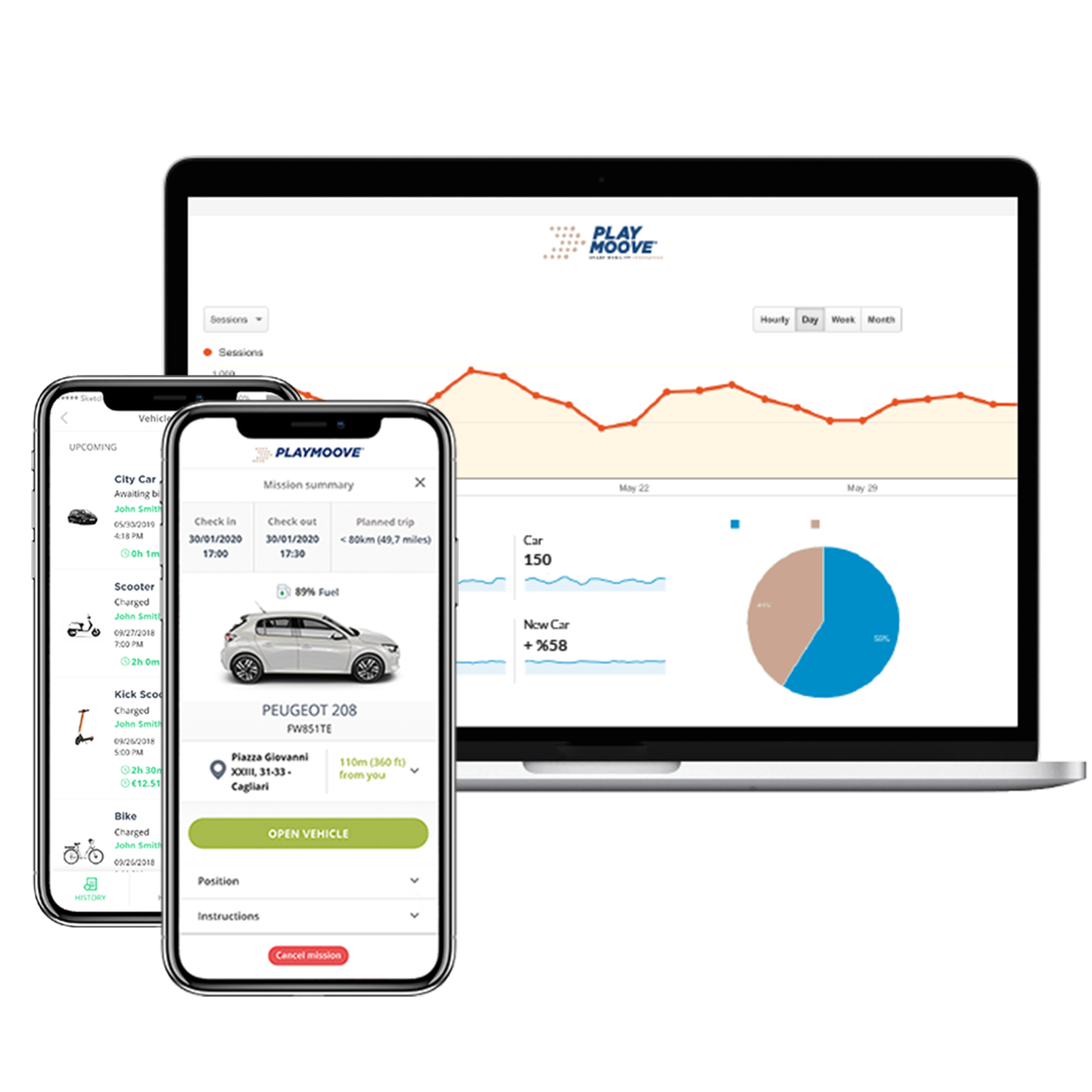
To stay competitive, dealerships may need to adapt their business models by offering shared mobility services, partnering with car sharing operators, or diversifying their offerings to include alternative modes of transportation. Many dealerships have already begun embracing digital technologies to enhance the car buying and ownership experience, such as virtual showrooms, online purchasing options, and remote servicing and maintenance. These technologies may continue to play an important role in the future of the dealership business.
Playmoove and Car Dealerships
Playmoove is a SaaS (Software as a Service) platform for MaaS (Mobility as a Service) that provides hardware and software technology to start, operate, and manage various smart mobility businesses such as car sharing, automated car rental, bike sharing, and scooter sharing. With our platform, you can manage customer reservations, billing, and end-user mobile applications, as well as payment gateways.
So, how can Playmoove practically help your dealership?
Playmoove is not just a simple software but a comprehensive platform that includes a core system, a back-office, and an end-user mobile app. It is also white-labeled and can be customized to your brand. For instance, if you want to integrate your dealership with car sharing, automated rental, or car subscription options, Playmoove can handle all aspects of your business, including the business plan, technology, and support.
If you are interested in learning more, please don’t hesitate to contact us!
GET IN TOUCH!
Ready To Make a Real Change?





